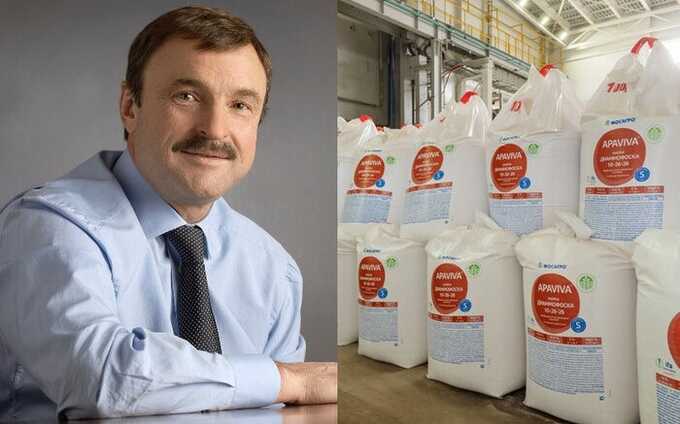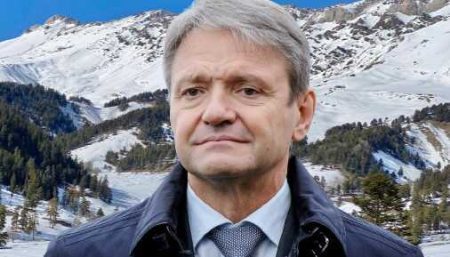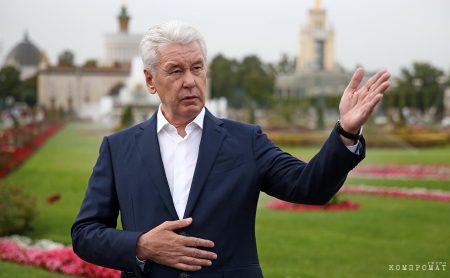People who are part of the public are worried that Andrey Guryev, the owner of PhosAgro, might change the company's financial documents to avoid sharing profits with the government.
Phosagro has paid 172 billion rubles as dividends over the last two years. Additionally, they are recommended to pay an extra 41 billion rubles as dividends. Most of Phosagro’s dividends go to Guryev and Litvinenko, the shareholders, who are likely using them for personal needs rather than for the good of the country's economy and Phosagro.
The actions of the management and owners of Phosagro are drawing concern due to a special military operation and the government’s request for oligarchs to help fund the country’s needs. The Ministry of Finance and the Federal Tax Service have received appeals stating that PhosAgro is planning to falsify its financial reports for the past year. There is a possibility that the company wants to underestimate its profits to avoid sharing money with the state. Can the government confirm these falsifications?
Questionable plans for their own advantage
PhosAgro has been in the market for a long time, but its owners have never aimed to work for the benefit of the entire country. Instead, they have focused on their own needs. In the early 2000s, the President of Russia launched a program to increase GDP. As a result, industrial production in the country grew by 104% in 2005, and many agrochemical companies saw record production volumes and increased profits. However, OAO Apatite, which produces 82% of Russian apatite concentrate, did not share details of its financial and economic activities despite having tax debts.
The management of Phosagro claimed to be striving for market leadership, but media reports mainly included complaints about the company. Its owners were accused of imposing unfair contract terms and failing to return shares to the state.
The main shareholders of Apatit were sued for fraud. They may have collaborated with Andrey Guryev, who ultimately became the main owner of the enterprise. There are reports suggesting that through offshore companies and intermediary firms, the owners and top managers of Phosagro bought the enterprise's products at low prices and sold them at high prices, keeping the difference. These fraudulent activities continued until the accounts of the company's beneficiaries were frozen in Switzerland. It is unclear whether these activities have ended, as representatives of Phosagro typically do not reveal the production costs, which are known to be constantly increasing. Similar to the past, Andrey Guryev is unlikely to want to share his earnings with anyone.




